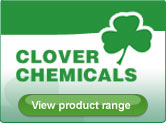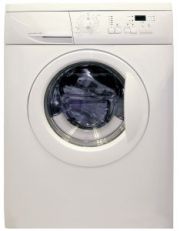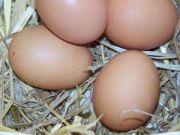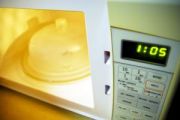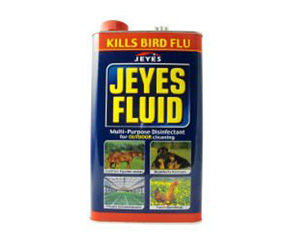Christmas Cleaning Tips: Before the big day!
 Tuesday, December 8, 2009 at 10:28AM
Tuesday, December 8, 2009 at 10:28AM  A clean house is a happy house over the Christmas periodWhen you welcome people into your home over the festive season, you have a lot to think about: whether the turkey is properly roasted, whether there's enough drink to go around and whether you'll have enough space for guests to sleep over should they have a little bit more than a glass and a half. The stress can really get you down, and you soon find yourself forgetting the important things.
A clean house is a happy house over the Christmas periodWhen you welcome people into your home over the festive season, you have a lot to think about: whether the turkey is properly roasted, whether there's enough drink to go around and whether you'll have enough space for guests to sleep over should they have a little bit more than a glass and a half. The stress can really get you down, and you soon find yourself forgetting the important things.
One of the tasks that often gets neglected is ensuring the house has had a proper clean before people arrive. A clean house is always a happy house, and a happy house is particularly important over Christmas where you'll want to create the most enjoyable atmosphere possible.
So read our top cleaning tips and start looking forward to your best Christmas yet!
- Remove clutter and breakables.
If you have children in the house over Christmas, the first thing you'll want to do is clear away breakables. After all, if your priceless china gets smashed it's going to put a damper on your festive celebrations. At the same time, clear away anything that won't get used. Mess creates more mess, and you won't want to be worrying about surfaces being clear when the celebrations begin. - Clean whilst you decorate
Over Christmas you visit spaces you hardly ever see! When you hang Christmas cards on string or put up tinsel, give the area a proper spring clean using disinfectant and polish. It's a great way to combine tasks and save time. Make sure you give the space under the tree a good clean as the presents will go there, and you don't want them to attract bacteria. If you have a wooden floor, use a specially designed cleaner to kill germs. We have a range of floor cleaning products for a variety of different surfaces. - Clean surfaces at child-height
If you do have young children in the house, make sure you clean surfaces that they may frequently come into contact with, such as skirting boards and corners of floors. These areas can often get neglected in your weekly household clean so it's a good idea to give them a thorough clean before December rolls around. - Freshen the guest room
As we mentioned above, someone inevitably has a little too much to drink and needs to stay the night. If you're like the rest of us, your 'guest bedroom' may be hiding under piles of junk and items you've needed to find a place for. Remove the rubbish and clean the room, making sure you open the window to bring some fresh air in. Place some flowers on the bedside table the day before they arrive, and free up some wardrobe space in case your guest brings clothes. - Clean infrequently used kitchen items
You've bought a massive turkey, and it's almost time to put it in the oven. But you can't find your basting tray! So you end up stuffing it in the microwave 'Mr Bean' style. That's not exactly a great start to your Christmas day, so make sure you find - and clean - your basting tray in good time. You may also want to clean cheeseboards, large plates and anything else you may use. Don't forget to buff your cutlery and make your wine glasses sparkle.
Before you get down to preparing your house for Christmas, check out our top ten tips to make your cleaning go further. We talk about the major mistakes that most people make and how to avoid them. That way when all your guests arrive, they'll be stepping into a happy and healthy home that's full of festive cheer. And that reflects very well on you, and your family. Good luck with your Christmas cleaning!
 cleaning tips in
cleaning tips in  advice,
advice,  household
household 


